
Drunk Bees? How Fermented Nectar Affects Honeybees in Australia
Drunk Bees? How Fermented Nectar Affects Honeybees in Australia

In the extreme heat of Australia, nature reveals some truly fascinating behaviors—one of the strangest being drunk bees. That’s right: under certain conditions, flower nectar ferments into alcohol, and when bees consume this boozy nectar, the results are both curious and concerning.
What Happens When Bees Drink Alcohol?
Bees that ingest fermented nectar show visible signs of intoxication:
-
Staggering or stumbling
-
Flying in erratic patterns
-
Difficulty navigating back to the hive
These inebriated bees may crash-land, get disoriented, or even fail to return home.
Hive Security: Guard Bees Say "No Entry"
To protect the colony, guard bees act like bouncers at the hive entrance. When a forager bee returns visibly drunk, guard bees block their entry until they sober up. This behavior helps prevent fermented nectar from contaminating the hive, which could pose serious risks to the health of the queen, larvae, and the entire colony.
This intelligent protective measure showcases how social insects prioritize collective health and survival over individual behavior.
Native Bees vs. European Honeybees: Who Gets Drunk?
Interestingly, this alcohol-related phenomenon mostly affects introduced European honeybees. In contrast, many of Australia’s native bee species seem far less affected by fermented nectar, likely due to evolutionary adaptations to the local environment.
This distinction highlights how non-native species can respond differently to natural conditions—and how native insects may be better suited to withstand the challenges of Australia’s harsh climate.
Why It Matters: A Closer Look at Bee Behavior and Ecology
The idea of bees getting drunk might sound amusing, but it underscores a deeper ecological truth: climate and habitat directly influence animal behavior. With rising global temperatures, the chances of nectar fermenting may increase—raising questions about how pollinators will adapt.
Understanding these behaviors is essential, especially as bees play a critical role in pollination and food security.
Final Thought: Even Bees Enforce "No Flying Under the Influence"
So, the next time you spot a bee wobbling mid-flight, it might not be tired—it could be tipsy. In the insect world, just like in ours, there’s a strict policy against flying under the influence—and it’s enforced for the good of the entire community.
News in the same category


Could the Sahara Desert Power the Entire World with Solar Energy?

How Small Earth Is in the Universe—And Why That Should Inspire Us

$20 Trillion Tunnel Could Zip You From U.S. To U.K. In Just 54 Minutes

Scientists Baffled By Earth’s Mysterious 26-Second ‘Heartbeat’—Still No Clear Explanation

Deep-Sea Discovery: How “Battery Rocks” Are Producing Oxygen 4,000 Meters Below the Pacific

Understanding Evolution: Evidence That Species Evolve Over Time
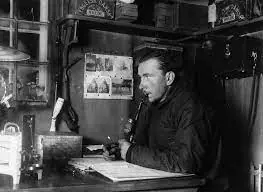
Alfred Wegener: The Scientist Who Was Laughed at in 1912—But Changed Earth Science Forever

Shocking Discovery Beneath the Great Pyramid of Giza: Lost Advanced Technology?

Scientists Propose Cooling Earth By Spraying 12 Million Tons Of Particles From Boeing Jets

From Recycled Materials To Viral Fame: Teen’s Diy Lamborghini Replica Turns Heads

Astronomer Rides Simulation To The Edge Of The Universe—Chasing Light From The Big Bang
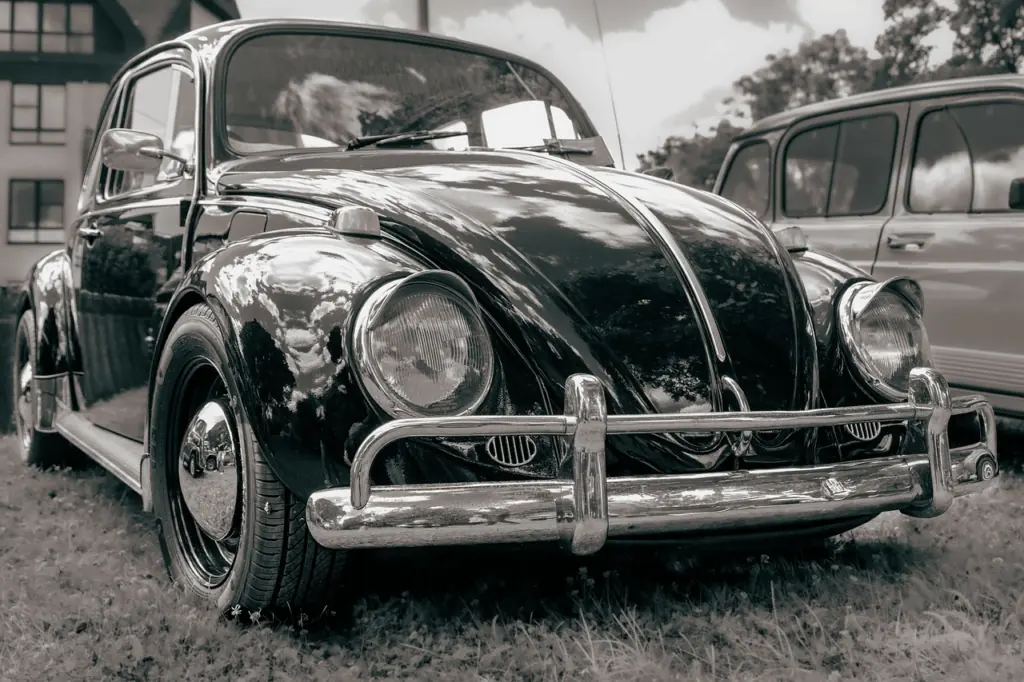
Controversial Inventor’s Mysterious Death Sparks Debate Over Alternative Energy Suppression

Largest Dinosaur Ever Discovered in Argentina: New Titanosaur Fossil Unearthed
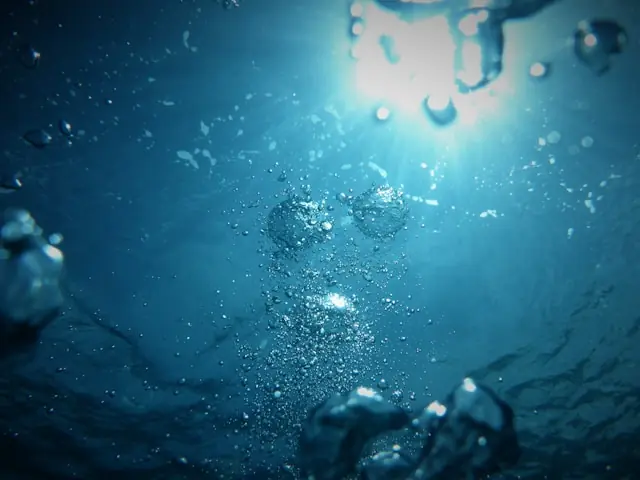
Dark Oxygen" Discovered in Pacific Ocean: A Breakthrough in Understanding Life on Earth and Beyond

NASA’s New Telescope Could Detect Alien Life In Just Hours, Scientists Say

Astronomers Trace Decade-long Mystery Radio Signals to Binary Star System 1,600 Light-Years Away

Scientists Warn: Global Warming Could Reach 7°C by 2200, Triggering Catastrophic Climate Disasters
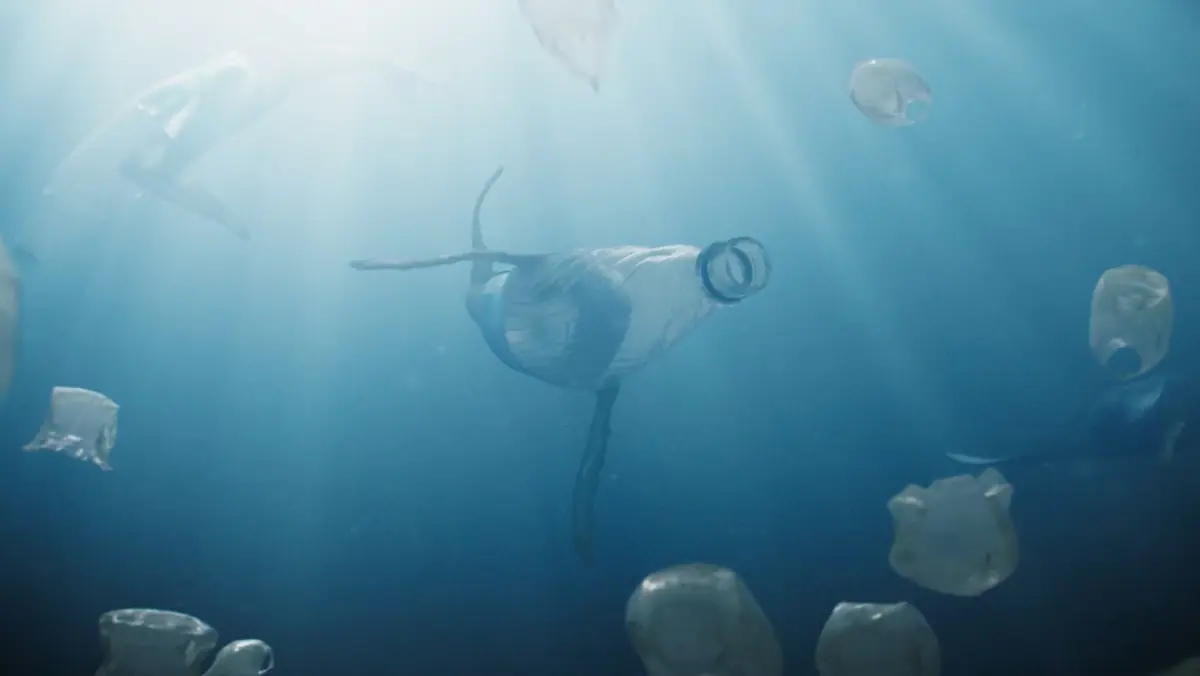
Plastic Bag Found in Mariana Trench: A Deep Warning About Ocean Pollution
News Post

🧄🌿 Natural Remedy for Leg Pain, Rheumatism, Varicose Veins & Arthritis with Cloves and Garlic

Modern House Fires Burn Faster: Why You May Have Only 3 Minutes to Escape
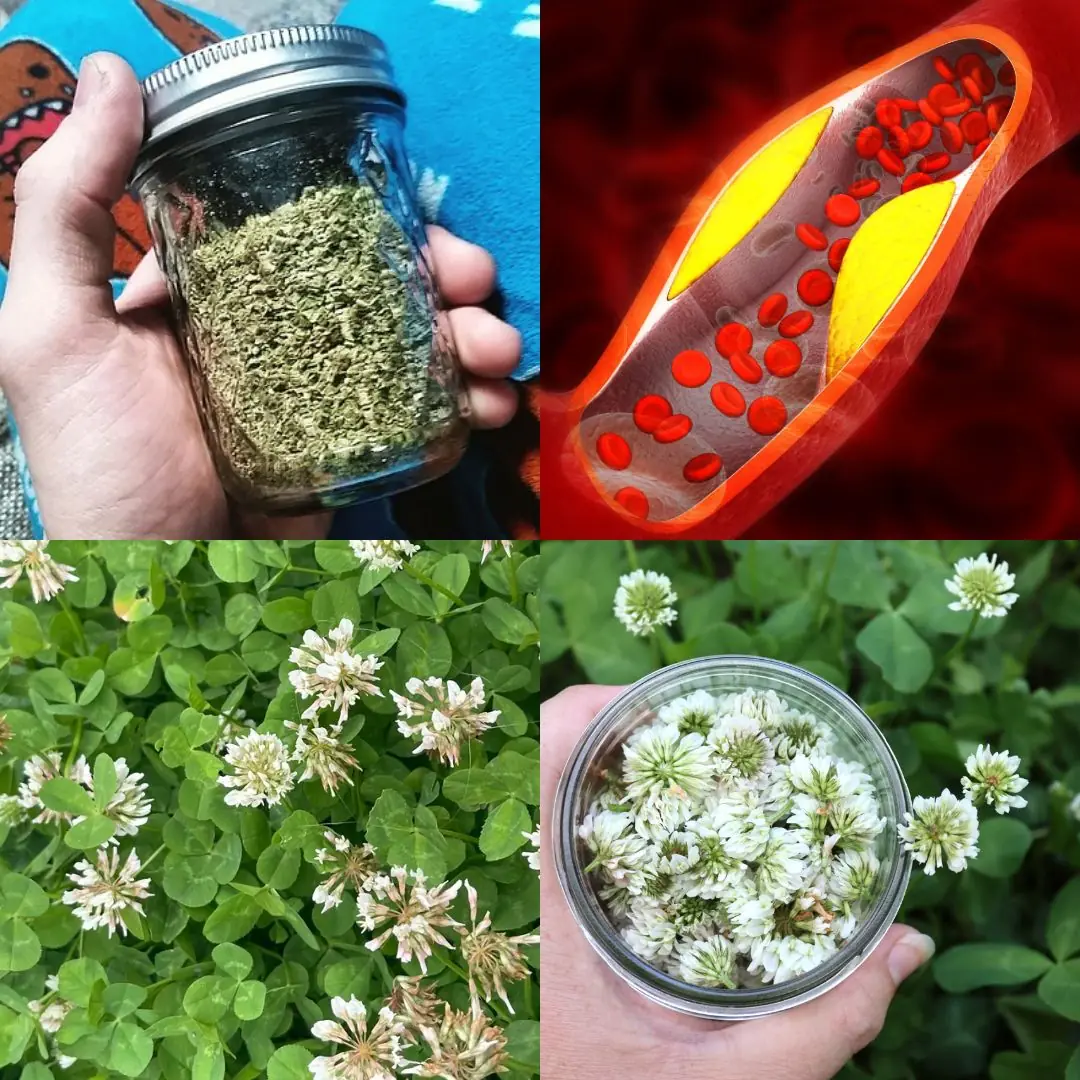
White Clover (Trifolium repens): 15 Benefits and Homemade Uses

A Mom of 7 Demanded My Deaf Grandpa Get Out of the Elevator—So I Brought Her Back to Reality

Could the Sahara Desert Power the Entire World with Solar Energy?

Breakthrough Protein Combo Could Heal Heart Damage and Regenerate Organs
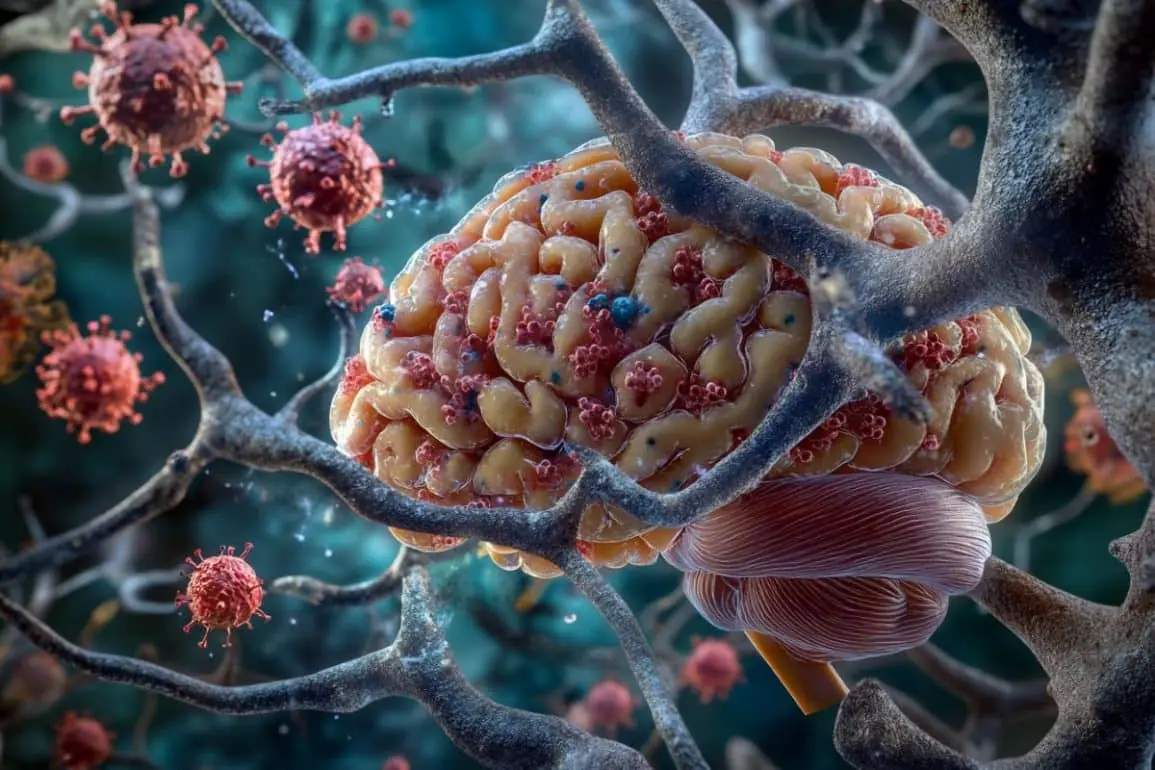
Head Injuries May Reactivate Dormant Viruses and Trigger Alzheimer’s-Like Brain Damage
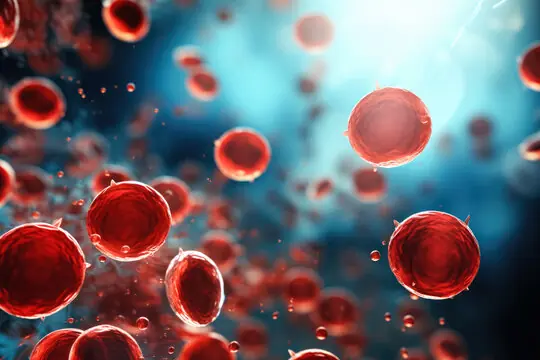
How Blood Production Changes After 70: New Research Reveals a Surprising Shift

My Ex-husband Got Our House, Car and All Our Money After Divorce – I Laughed Because That Was Exactly What I Planned

My Husband Cheated on Me With Secretary, Then Karma Crushed Him Back

My Husband Didn't Meet Me at the Hospital Discharge with Our Newborn – When I Found Out His Reason, I Went Pale

Mom of Quintuplets Can’t Pay For Groceries, Voice behind Says, ‘Your Bill Is Already Covered’

How Small Earth Is in the Universe—And Why That Should Inspire Us

What Is Acid Reflux? Causes, Symptoms, and How to Prevent GERD
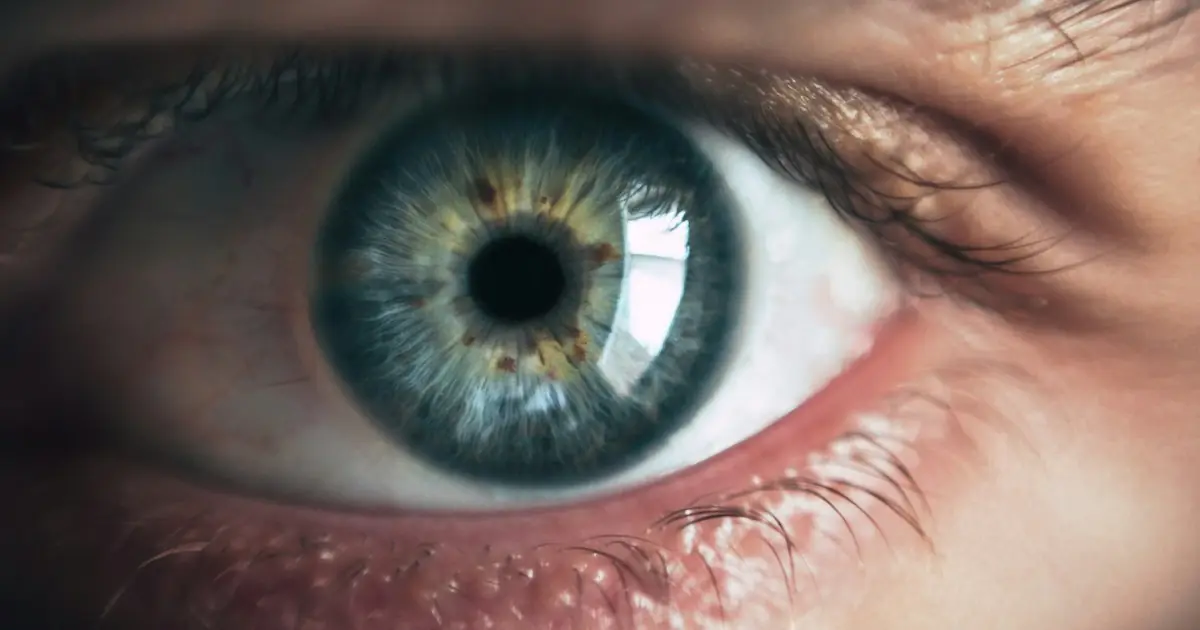
AI and Eye Scans: A Breakthrough in Fast, Accurate ADHD Diagnosis

Early Signs of Heart Disease: What Chest Pain, Shortness of Breath, and Swollen Legs Could Mean
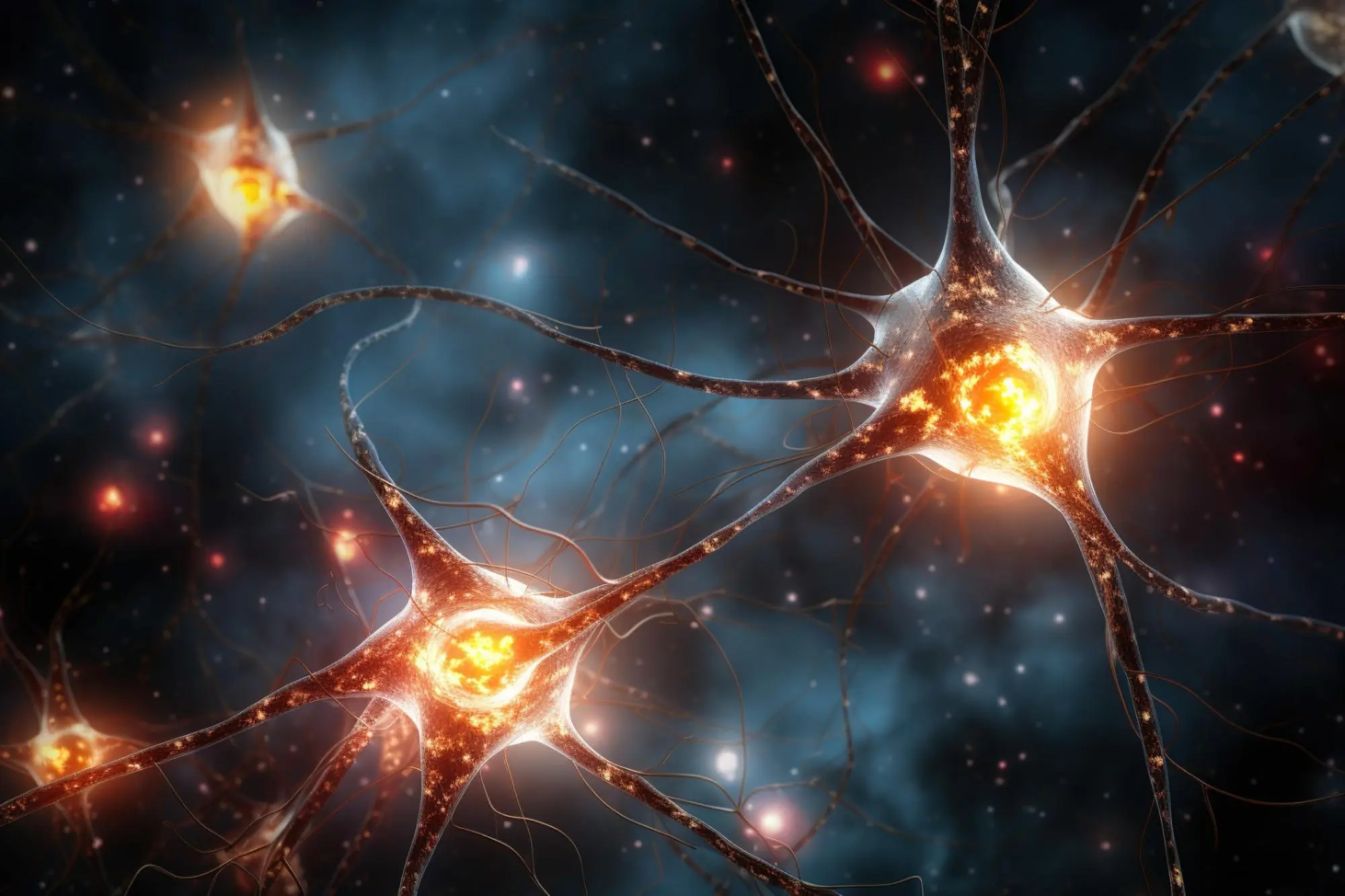
Groundbreaking Nanoparticle Technology Reverses Parkinson’s Disease in Stunning Study

This Psychedelic Root from Brazil May Be Able to Treat Depression
